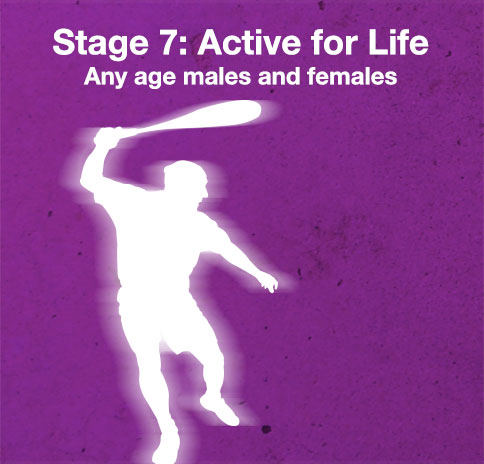
Key Objectives
Healthy lifestyle for life, Active involvement in squash (retention and adult onset or initiation).
Where
Clubs and community recreation programs.
Who
Club coaches/professionals and community recreation instructors.
[/one_half_last] [full_width]
___________________________________________________________________________________________________________________________________________________
[/full_width][one_half]
Training to Competition Ratio
• Specific to each individual. The ratio is dependent on individual goals.
• Masters level competition is an integral part of squash in Canada.
• Many age group athletes will follow training to competition ratios similar to competitive athletes as they prepare for National and International age group competition.
• A significant number of players will not adopt a specific ratio and continue to participate in the sport of squash as part of their commitment to healthy active living.
Periodization
• None specified for this stage.
Technical
• Technical development will be dependent on the athlete’s past experience, current desire and goals.
Tactical
• Tactical considerations depend on the goals of each player.
Physiological/Physical
• Largely an issue of keeping active for life.
• Different players may have specific objectives (competitive or not).
[/one_half][one_half_last]
Psychological
• Encourage an awareness of the mind/body connection.
• Avoid negative self-talk.
• Encourage regular participation through goal setting.
• Develop focusing and relaxation techniques to help maintain concentration and control arousal levels in match play.
• Use imagery to reinforce physical skill acquisition, enhance strategic play, and to help motivate.
• Goal setting will be dependent on the individual squash player’s level of competition.
• Players competing in Masters squash tournaments should follow the same steps as the younger competitive players.
Ancillary Skills
• Players maintain general habits and practices aimed at maintaining a healthy lifestyle.
• Specific interventions may be taken depending upon level of play and other individual requirements.
Competition
• World Masters Games
• Provincial and National age groups
• Interclub
• NSO, PSO and Regional
• Coaching, officiating and volunteering
• Doubles
[/one_half_last]

